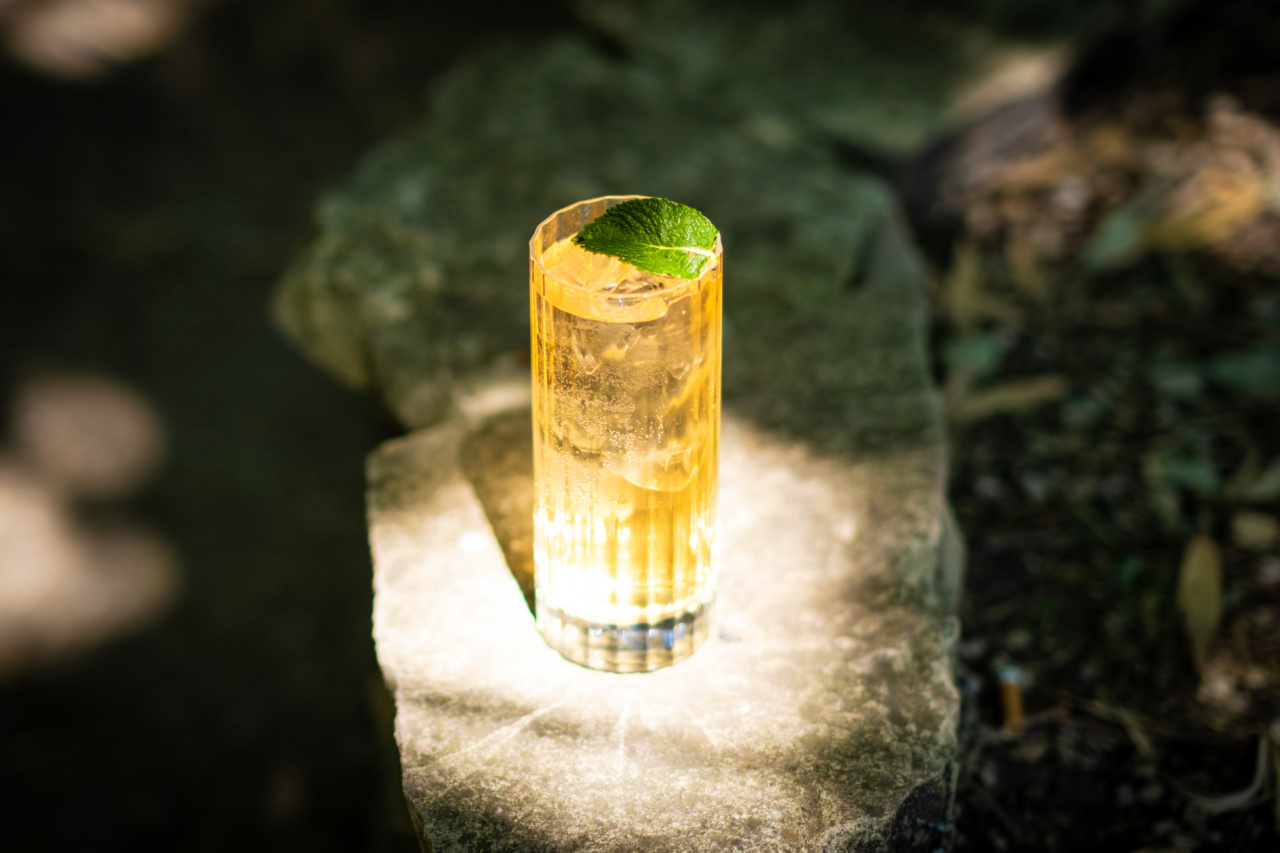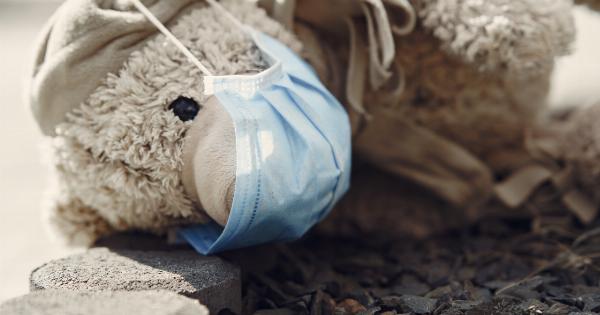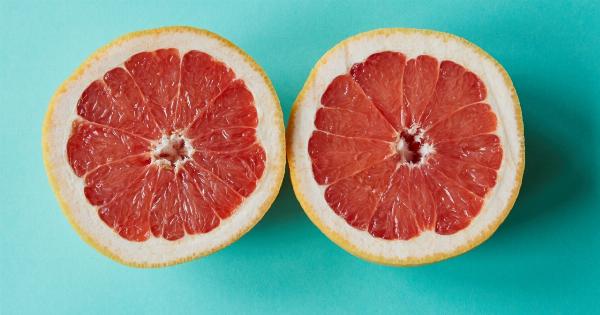Kidney stones can be an incredibly painful and bothersome condition. Once you’ve experienced the agony of passing a kidney stone, you certainly don’t want it to recur.
Fortunately, there are steps you can take to prevent a kidney stone comeback. In this article, we will explore some effective preventive measures to ensure that those painful stones stay away.
Understanding Kidney Stones
Before delving into prevention techniques, it’s important to understand what kidney stones are and how they form. Kidney stones are solid deposits made of minerals and salts that form in the kidneys.
These stones can range in size from a grain of sand to a larger pebble and can be incredibly painful to pass through the urinary tract.
Kidney stones form when certain substances in the urine, such as calcium, oxalate, and uric acid, become concentrated and crystallize. When these crystals join together, they form a solid mass, which can block the urinary tract and cause severe pain.
Stay Hydrated
One of the most crucial steps in preventing kidney stones is to stay well-hydrated. Drinking an adequate amount of water throughout the day helps dilute the substances in urine, reducing the risk of crystal formation.
Aim to drink at least 8 cups (64 ounces) of water daily, or more if you live in a hot climate or engage in vigorous physical activity.
For those who have previously suffered from kidney stones, increasing water intake is especially important. Diluted urine decreases the chances of stone-forming substances reaching high concentrations and crystallizing.
Follow a Balanced Diet
Diet plays a crucial role in preventing kidney stones. To reduce the risk of recurrence, follow a balanced diet that includes the following:.
1. Limit Animal Protein Intake
Diets high in animal proteins, such as red meat and poultry, can increase the risk of kidney stone formation. These proteins can increase the level of uric acid in the urine, promoting stone development.
Limit your intake of animal protein and opt for lean sources like fish or plant-based proteins like legumes.
2. Control Salt Consumption
High levels of sodium in the diet can contribute to the formation of kidney stones. Excessive salt intake increases urinary calcium excretion, making it easier for stones to form.
Limit your sodium consumption by avoiding processed foods, canned soups, and fast food. Instead, season meals with herbs and spices to reduce the need for added salt.
3. Watch Your Oxalate Intake
Oxalate is found in many healthy foods but can also contribute to kidney stone formation. Foods with high oxalate content include spinach, beets, chocolate, nuts, and certain fruits.
It’s not necessary to avoid these foods entirely, but limit their consumption and ensure that you pair them with foods high in calcium. Calcium binds to oxalate in the digestive system, preventing it from reaching the kidneys and forming stones.
4. Increase Calcium Consumption
Contrary to popular belief, increasing your calcium intake can actually help prevent kidney stones. Calcium combines with oxalate in the digestive system, reducing its absorption and preventing stone formation.
Choose calcium-rich foods like low-fat dairy products, leafy greens, and fortified cereals to maintain a healthy calcium balance.
Maintain a Healthy Weight
Obesity and overweight are risk factors for kidney stone formation. If you are overweight, strive to achieve a healthy weight through a balanced diet and regular exercise.
Losing excess weight can help reduce the concentration of stone-forming substances in the urine and decrease the risk of recurrence.
Stay Active
Regular physical activity not only helps with weight management but can also lower the risk of kidney stones. Exercise promotes healthy digestion and reduces the levels of stone-forming substances in the urine.
Aim for at least 30 minutes of moderate-intensity exercise, such as brisk walking or cycling, most days of the week.
Avoid Excessive Vitamin C Supplementation
Vitamin C is essential for overall health, but excessive supplementation can lead to increased oxalate levels in the urine.
If you’re prone to developing kidney stones, limit your daily intake of vitamin C supplements to 500-1000 milligrams to minimize the risk of oxalate overproduction.
Don’t Forget Regular Check-Ups
Schedule regular check-ups with your healthcare provider to monitor kidney stone risk factors. They can perform urine tests to analyze stone-forming substances and provide personalized recommendations to prevent recurrent stones.
Conclusion
Preventing a kidney stone comeback is possible through simple lifestyle adjustments.
Staying well-hydrated, following a balanced diet, maintaining a healthy weight, staying active, and regular check-ups are crucial ingredients for keeping those painful stones at bay. By implementing these preventive measures, you can reduce the risk of kidney stone formation and enjoy a life free from the discomfort they bring.






























